The basic expectations from a general dentist are visual inspections and evaluation of teeth and gum health, teeth and gums X-rays, Tooth sealants, minor dental procedures like cavity removal.
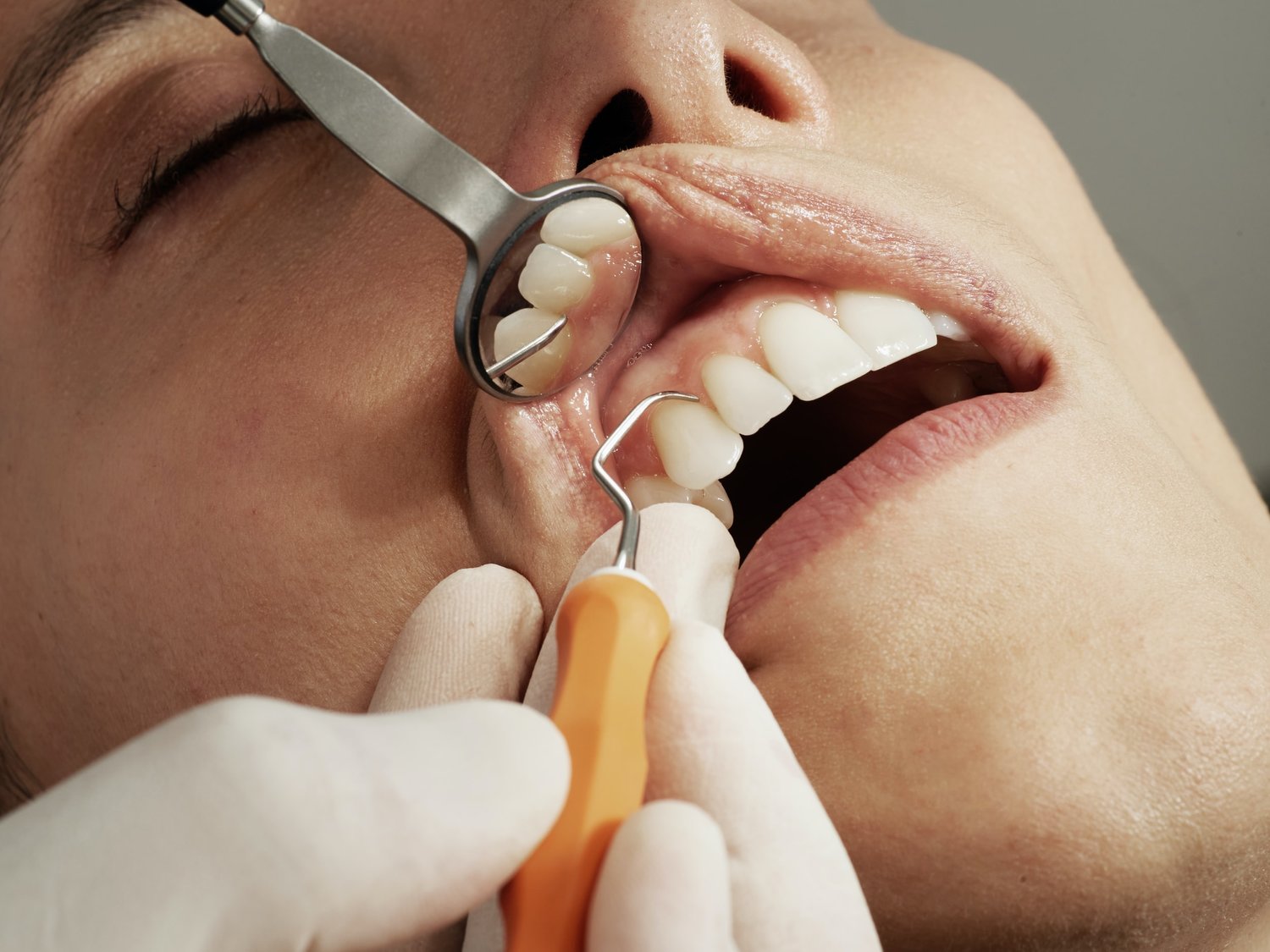
A fundamental aspect of general dentistry is the visual inspection and evaluation of teeth and gum health. Dentists conduct thorough examinations to identify potential issues such as cavities, gum diseases, or abnormalities in the oral cavity. This proactive approach allows for early detection and timely intervention.
Teeth and Gums X-rays:Diagnostic imaging, particularly X-rays, plays a crucial role in general dentistry. These images provide a comprehensive view of the teeth and jaw, aiding in the identification of hidden problems like cavities between teeth, impacted wisdom teeth, or jaw issues. X-rays contribute to a more accurate diagnosis and treatment planning.
Tooth Sealants:Tooth sealants are a preventive measure commonly employed by general dentists. These thin, protective coatings are applied to the surfaces of the teeth to shield them from decay. Sealants act as a barrier, particularly in vulnerable areas like the grooves of molars, reducing the risk of cavities and promoting long-term oral health.
Minor Dental Procedures like Cavity Removal:General dentists are skilled in performing minor dental procedures, with cavity removal being a routine task. When decay is detected, dentists skillfully remove the affected portions of the tooth and proceed to fill the cavity. This process not only halts the progression of decay but also restores the tooth's structure, preventing further damage.
Oral medicine is primarily a non-surgical specialty with procedures limited to diagnostic biopsies, small excisions, therapeutic injections, and other minor surgical interventions. In many cases, conditions are managed medically with the use of topical and systemic medications.
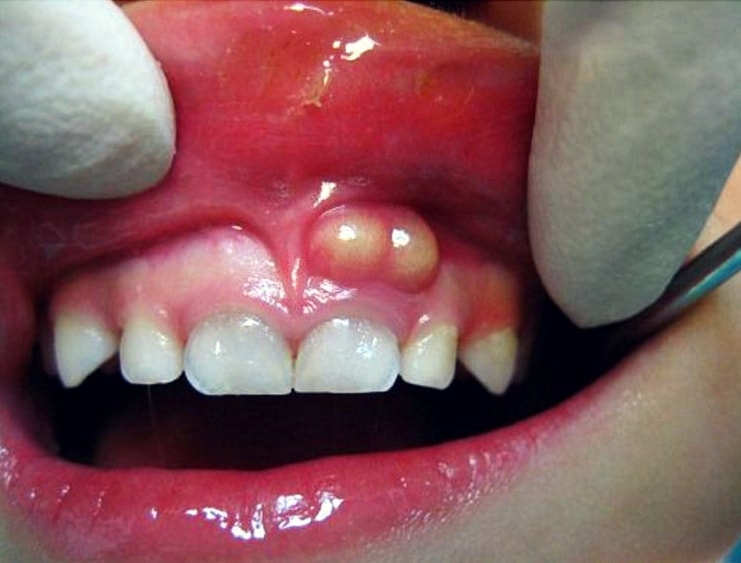
Oral medicine stands out as a non-surgical specialty, distinguishing itself from other dental fields. Its focus is primarily on non-invasive approaches to diagnosis and treatment, highlighting the importance of thorough assessments and medical management.
Diagnostic Biopsies:A key procedural aspect of oral medicine involves diagnostic biopsies. Dentists in this field are adept at obtaining tissue samples for analysis, aiding in the accurate diagnosis of various oral conditions. This precise diagnostic approach guides the subsequent course of medical management.
Small Excisions:While primarily non-surgical, oral medicine does encompass small excisions when necessary. Dentists in this specialty may perform minor surgical interventions, removing small lesions or abnormalities to address specific oral health concerns.
Therapeutic Injections:The use of therapeutic injections is another facet of oral medicine. Dentists administer injections for therapeutic purposes, targeting localized issues within the oral cavity. This approach allows for targeted treatment without resorting to extensive surgical procedures.
Medical Management:Oral medicine places a strong emphasis on medical management. Rather than relying on surgical interventions, many conditions are effectively managed through the use of topical and systemic medications. This reflects a holistic approach to oral health, considering the broader medical context of the patient.
Oral surgery refers to any surgical procedure performed on your teeth, jaws or other oral structures. This includes extractions and jaw surgeries. Oral surgery is usually performed by an oral and maxillofacial surgeon.
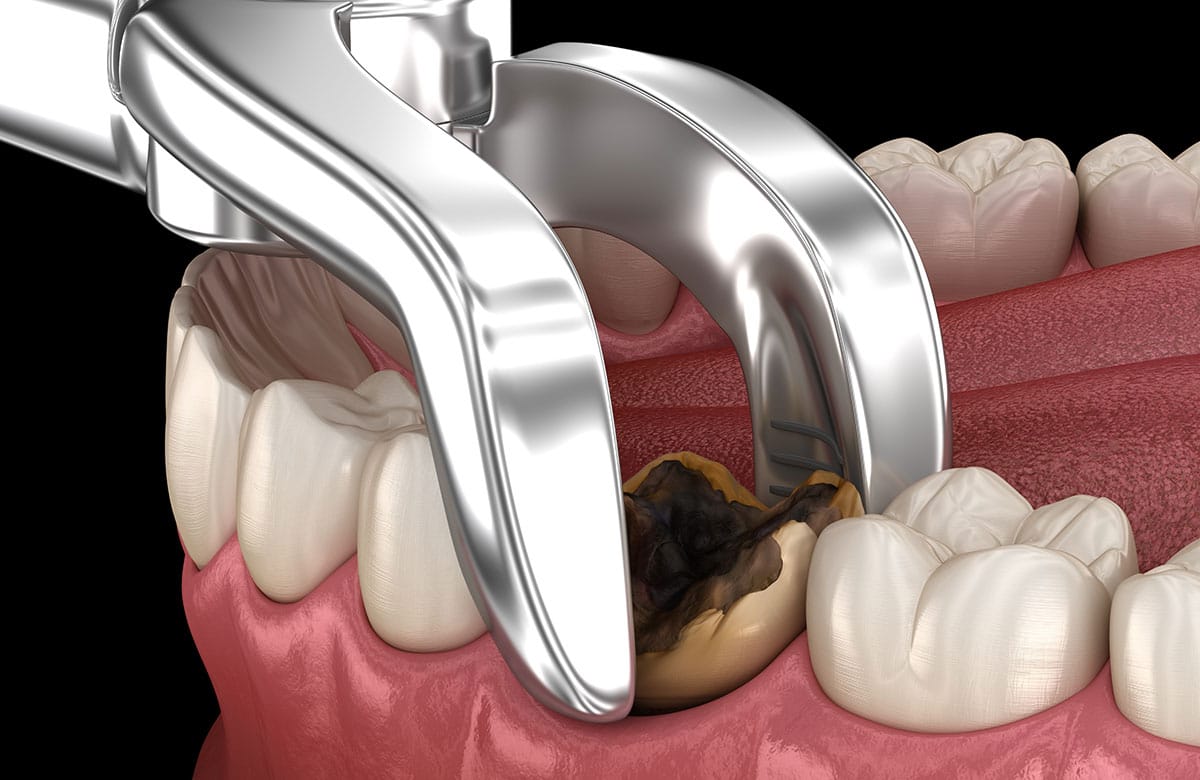
Oral surgery encompasses a wide array of surgical procedures conducted on various oral structures, including teeth and jaws. This includes interventions such as extractions and surgeries involving the jaw. The scope of oral surgery is comprehensive, addressing diverse oral health concerns through surgical means.
Range of Procedures:The breadth of oral surgery procedures spans from routine tooth extractions including removing impacted wisdom tooth to complex jaw surgeries. oral surgery is versatile in addressing a spectrum of oral health challenges.
Extractions:One of the common and essential aspects of oral surgery is tooth extraction. This may involve removing damaged or impacted teeth, addressing overcrowding, or preparing for orthodontic treatments. Oral surgeons execute extractions with precision, considering both the immediate and long-term oral health implications.
Prosthodontics has an emphasis on the diagnosis and treatment planning of patients who have complex dental needs and on providing treatment services that primarily involve the repair or replacement of natural teeth with a variety of fixed or removable prosthetic options.
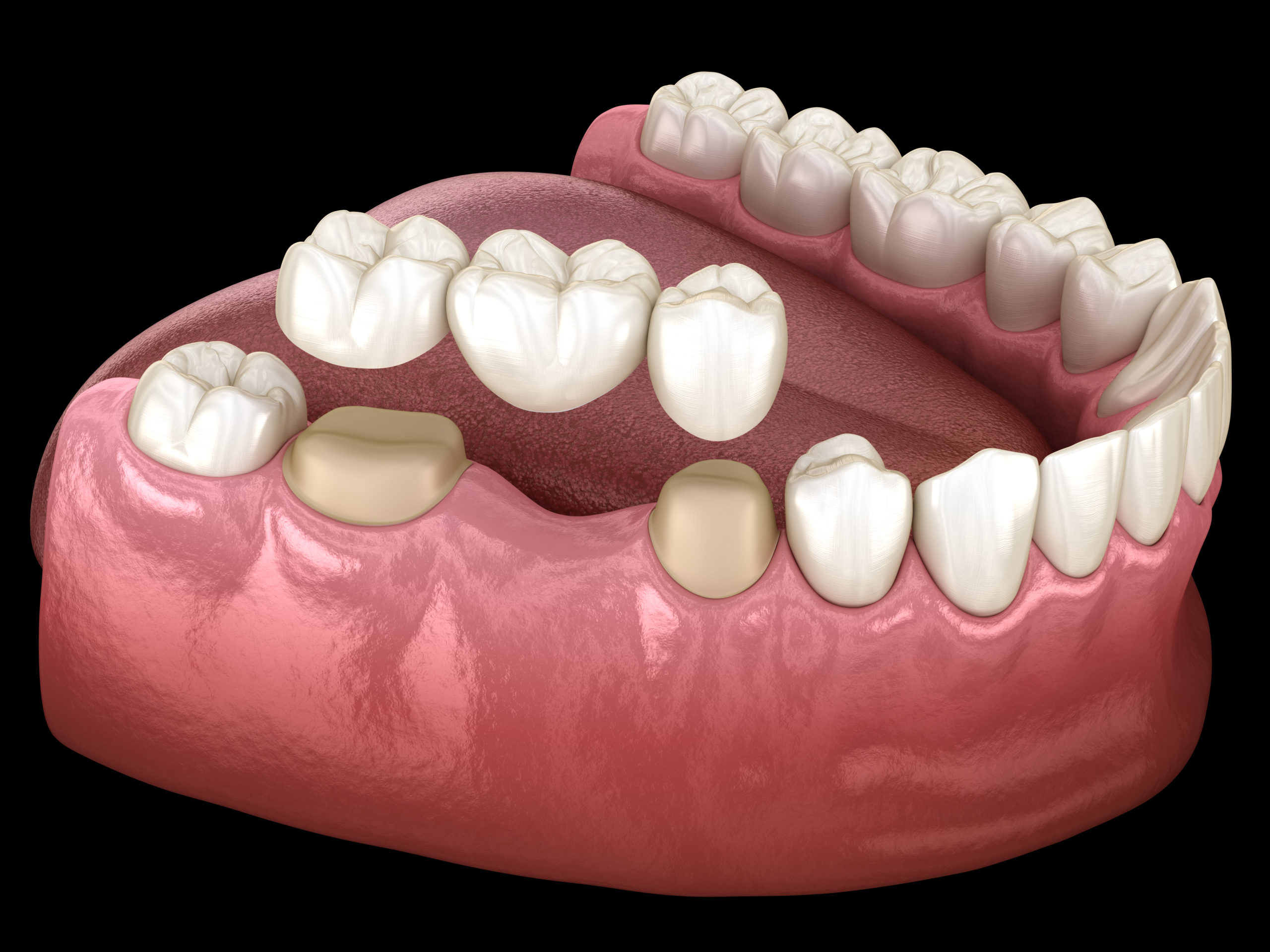
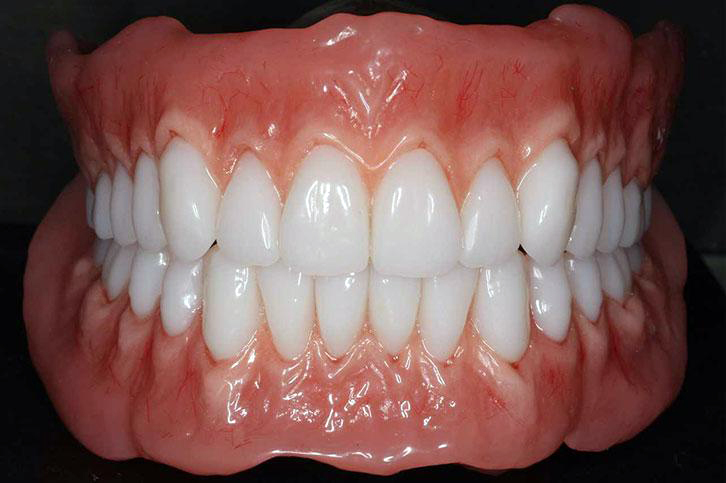
Prosthodontics is distinguished by its focus on patients with complex dental needs. This specialty excels in the diagnosis and meticulous treatment planning for individuals requiring comprehensive dental care, often due to intricate oral conditions or extensive dental issues.
Repair or Replacement of Natural Teeth:The core of prosthodontics revolves around the repair or replacement of natural teeth. Specialists in this field employ a variety of fixed or removable prosthetic options to restore oral function and aesthetics. This includes crafting solutions for damaged, missing, or compromised natural teeth.
Diagnosis and Treatment Planning:A critical aspect of prosthodontics is the thorough diagnosis and meticulous treatment planning. This specialized approach ensures tailored solutions that address the unique challenges presented by each patient's dental condition. Prosthodontists take into account factors like oral health, aesthetics, and functional requirements.
Fixed or Removable Prosthetic Options:Prosthodontics offers a diverse array of prosthetic options, both fixed and removable. This flexibility allows for personalized treatment plans, ranging from dental bridges and crowns to dentures and implant-supported prostheses. The goal is to provide patients with effective, durable, and customized solutions.
Periodontics is a branch of dentistry that focuses on the inflammatory disease — gum disease — that destroys the gums and other supporting structures around the teeth, including the bone.

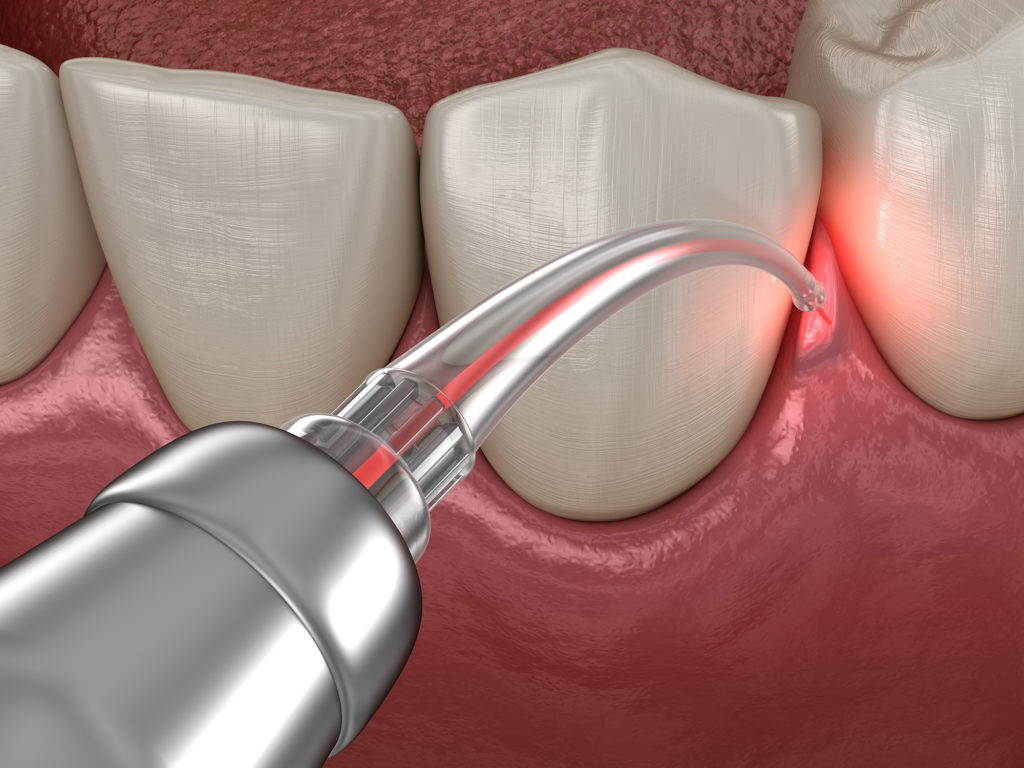
Periodontics is a specialized branch of dentistry with a primary focus on addressing gum disease, an inflammatory condition. This field is dedicated to understanding, diagnosing, and treating conditions that lead to the destruction of gums and supporting structures surrounding the teeth.
Destruction of Gums and Supporting Structures:The core concern in periodontics is the impact of gum disease on oral health. This includes the destruction of not only the gums but also other vital supporting structures around the teeth, such as the underlying bone. Periodontists specialize in managing the consequences of these destructive processes.
Comprehensive Approach to Gum Health:Periodontics takes a comprehensive approach to maintaining and restoring gum health. From preventive measures to advanced treatments, periodontists address conditions like gingivitis and periodontitis, striving to prevent further damage and promote the overall well-being of the supporting structures.
Bone Health Consideration:A distinctive feature of periodontics is its consideration of bone health. As gum disease progresses, it can lead to bone loss around the teeth. Periodontists employ strategies to mitigate this effect, focusing on preserving and, when possible, regenerating the bone for better long-term oral health.
Endodontic treatment, or root canal treatment, treats the soft pulp tissue inside the tooth. An endodontist is a dentist who specializes in saving teeth.
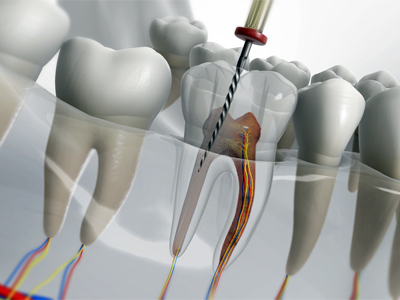
Endodontic treatment, commonly known as root canal treatment, is specifically designed to address the soft pulp tissue inside the tooth. This intricate procedure involves the removal of infected or damaged pulp, followed by thorough cleaning, disinfection, and sealing of the tooth's interior to prevent further infection.
Specialization in Saving Teeth:Endodontists, dental specialists in this field, play a vital role in preserving natural teeth. Their expertise extends to diagnosing and treating conditions that affect the pulp, allowing them to undertake precise and specialized measures to save teeth from extraction.
Preservation of Natural Teeth Integrity:The focus of endodontic treatment is on preserving the integrity of natural teeth. By addressing issues within the pulp, endodontists contribute to maintaining the structural and functional aspects of the tooth, preventing the need for tooth removal and facilitating continued oral health.
Specialized Expertise:Endodontists possess specialized expertise in intricate root canal procedures. Their training equips them to navigate the complexities of the tooth's internal anatomy, ensuring thorough treatment that addresses the root cause of dental issues and promotes lasting solutions.
Holistic Approach to Oral Health:Endodontic treatment aligns with a holistic approach to oral health, emphasizing the importance of retaining natural teeth whenever possible. This not only preserves the aesthetic appeal of the smile but also contributes to overall oral function and well-being.
The primary components of preventive dentistry include regular check-ups, proper at-home care, fluoride treatments, dental sealants, and a healthy diet.
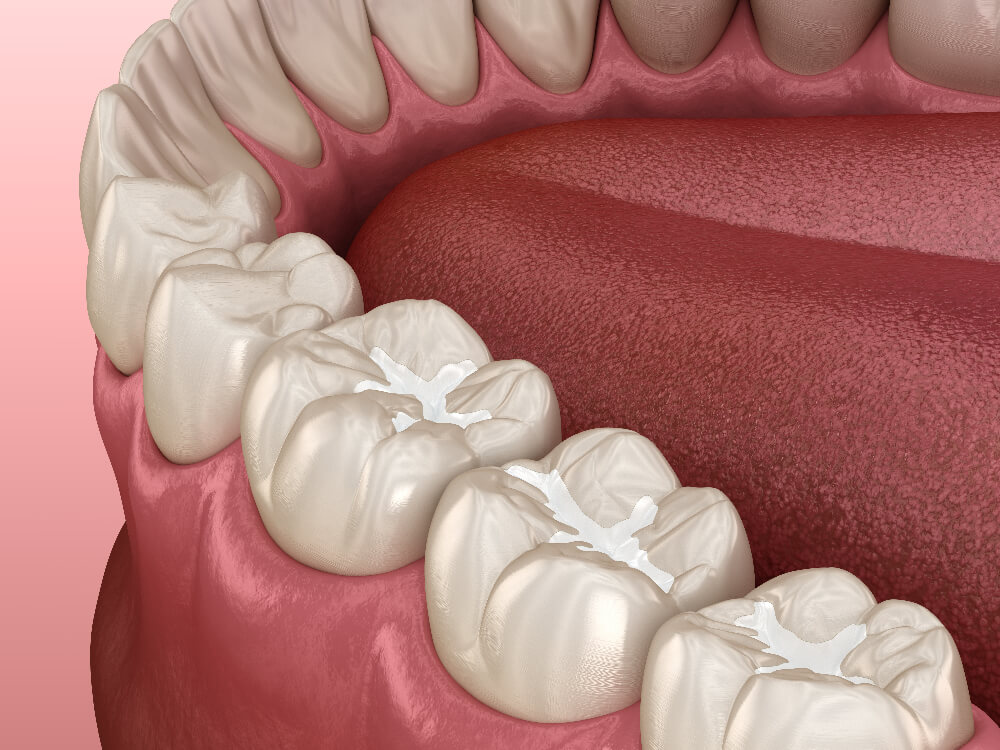
At the core of preventive dentistry is the commitment to regular check-ups. Routine dental examinations allow for the early detection of potential issues, enabling timely intervention and minimizing the risk of more extensive dental problems.
Proper At-Home Care:Preventive dentistry places a strong emphasis on maintaining oral health at home. This includes consistent and proper oral hygiene practices such as regular brushing, flossing. Effective at-home care forms the foundation for preventing common dental issues.
Fluoride Treatments:Preventive dentistry incorporates fluoride treatments as a proactive measure against tooth decay. Fluoride strengthens tooth enamel, making it more resistant to acid attacks and the formation of cavities. This preventive approach helps to safeguard the overall health of teeth.
Dental Sealants:An important preventive strategy involves the application of dental sealants. These thin protective coatings are typically applied to the chewing surfaces of molars and premolars, acting as a barrier against bacteria and debris. Sealants are particularly effective in preventing the development of cavities in vulnerable areas of the teeth.
Healthy Diet:Preventive dentistry recognizes the impact of diet on oral health. A healthy diet, low in sugary and acidic foods, contributes to the prevention of cavities and gum disease. Nutrient-rich foods support overall oral well-being and complement other preventive measures.
Orthodontics is a dental specialty focused on aligning your bite and straightening your teeth. You might need to see an orthodontist if you have crooked, overlapped, twisted or gapped teeth. Common orthodontic treatments include traditional braces, clear aligners and removable retainers.
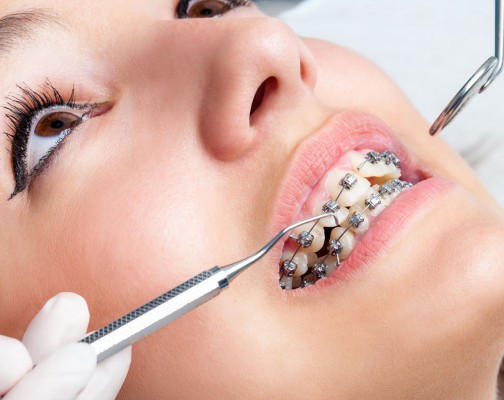
Orthodontics stands out as a dental specialty with a specific focus on aligning the bite and straightening teeth. This involves addressing issues like malocclusion (improper bite) and correcting the positioning of teeth to achieve a harmonious and functional dental arrangement.
Addressing Various Dental Misalignments:Orthodontic care becomes essential when dealing with a range of dental misalignments. Whether you have crooked, overlapped, twisted, or gapped teeth, an orthodontist specializes in evaluating and providing tailored solutions to enhance the overall alignment and appearance of your teeth.
Diverse Treatment Options:Orthodontics offers a variety of treatment options to cater to individual needs. Common orthodontic treatments include traditional braces, known for their effectiveness in addressing complex misalignments. Additionally, clear aligners provide a more discreet option, offering flexibility and convenience. Removable retainers are often utilized to maintain the achieved alignment post-treatment.
Functional and Aesthetic Benefits:Beyond the cosmetic benefits of a straighter smile, orthodontic treatment contributes to improved oral function. Properly aligned teeth and a corrected bite can enhance chewing efficiency, reduce the risk of dental issues, and positively impact overall oral health.
Specialized Expertise:Orthodontists are dental professionals with specialized expertise in the field of orthodontics. Their training equips them to assess, diagnose, and implement comprehensive treatment plans tailored to each patient's unique orthodontic needs, ensuring optimal results.
Implantology is the branch of dentistry dedicated to dental implants. The dental implant is an artificial tooth root that is inserted into the jawbone (either the maxilla or the mandible). It often takes the form of a screw that is composed of titanium or titanium alloy.
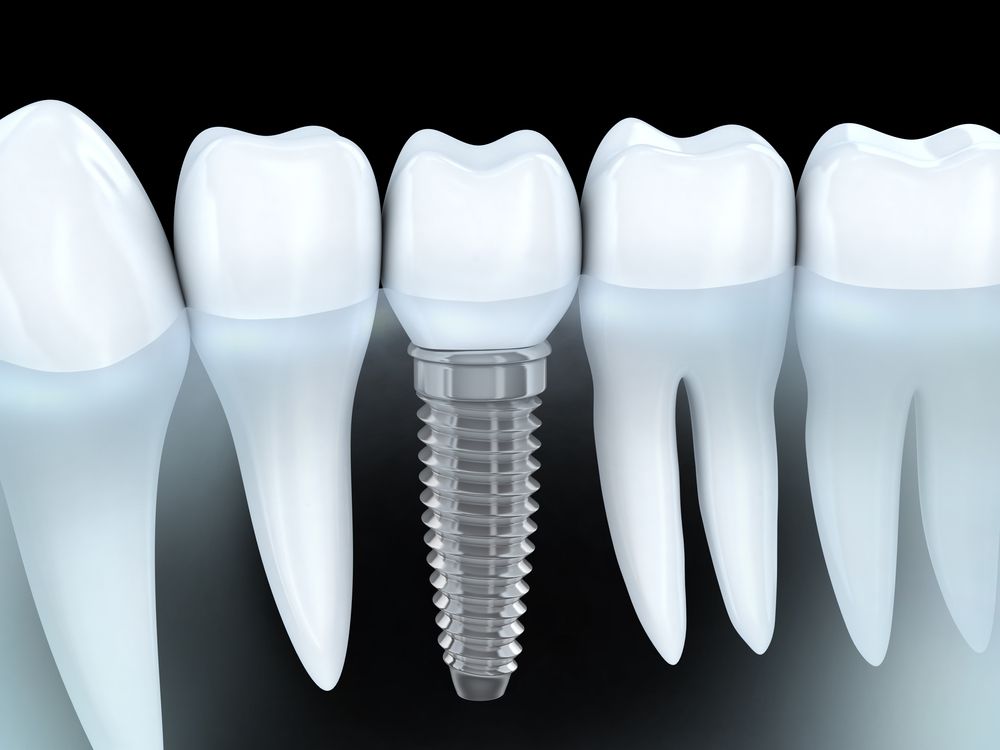
Implantology is a specialized branch of dentistry exclusively dedicated to dental implants. This field focuses on the study, development, and application of techniques related to the use of dental implants as a transformative solution for missing teeth.
Artificial Tooth Root Insertion:The core of implantology involves the insertion of an artificial tooth root into the jawbone, addressing the root cause of tooth loss. This innovative approach provides a stable foundation for dental restorations, contributing to both functional and aesthetic aspects of oral health.
Composition and Form:Dental implants commonly take the form of screws, typically composed of titanium or titanium alloy. This biocompatible material ensures the implant integrates seamlessly with the jawbone, promoting osseointegration—a crucial factor in the success of the implant.
Titanium's Biocompatibility:The choice of titanium is significant in implantology due to its exceptional biocompatibility. This property allows the implant to fuse with the surrounding bone, creating a durable and long-lasting bond. This fusion mimics the natural relationship between the tooth root and the jawbone.
Comprehensive Restoration Solution:Implantology offers a comprehensive solution for tooth loss, addressing both the functional and aesthetic aspects of missing teeth. Dental implants serve as stable anchors for various restorations, including crowns, bridges, and dentures, providing patients with natural-looking and functional replacements.
Dental specialty that deals with the care of children's teeth.
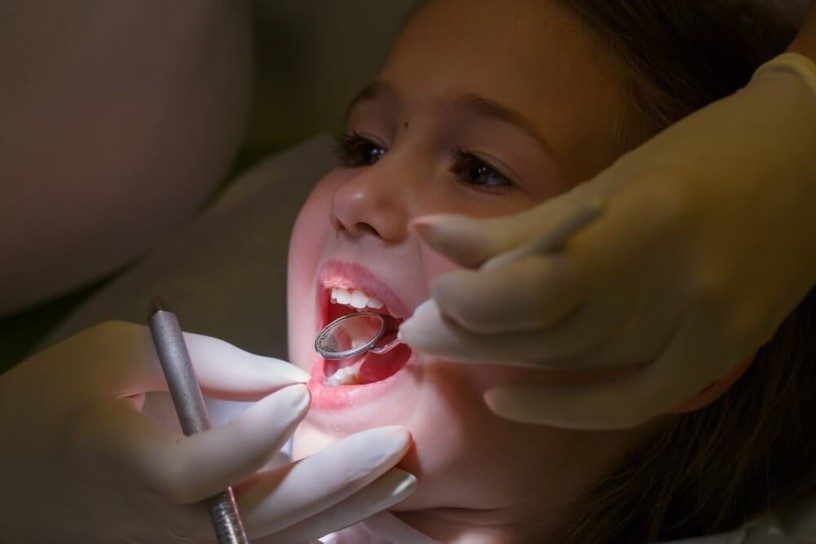
Paedodontics is a dedicated dental specialty focused on providing specialized care for the dental needs of children. This branch of dentistry recognizes the unique aspects of pediatric oral health and tailors treatments to suit the developmental stages of young patients.
Early Intervention and Prevention:A key emphasis in paedodontics is early intervention and preventive care. Paedodontists are trained to address dental issues in children proactively, with a focus on preventing potential problems and promoting optimal oral health from an early age.
Child-Centric Approach:Paedodontics adopts a child-centric approach, recognizing the importance of creating a positive and comfortable dental experience for young patients. Paedodontists are skilled in building rapport with children, alleviating anxiety, and fostering a lifelong positive attitude towards dental care.
Developmental Considerations:Paedodontists take into account the ongoing development of teeth and jaws in children. Their expertise includes monitoring the eruption of primary and permanent teeth, addressing orthodontic concerns, and guiding oral development for a healthy and well-aligned smile.
Comprehensive Treatment for Children:Paedodontics encompasses a wide range of dental treatments tailored specifically for children. This includes preventive measures like sealants and fluoride treatments, restorative procedures, and education on proper oral hygiene habits. Paedodontists work collaboratively with parents to ensure a holistic approach to a child's dental well-being.